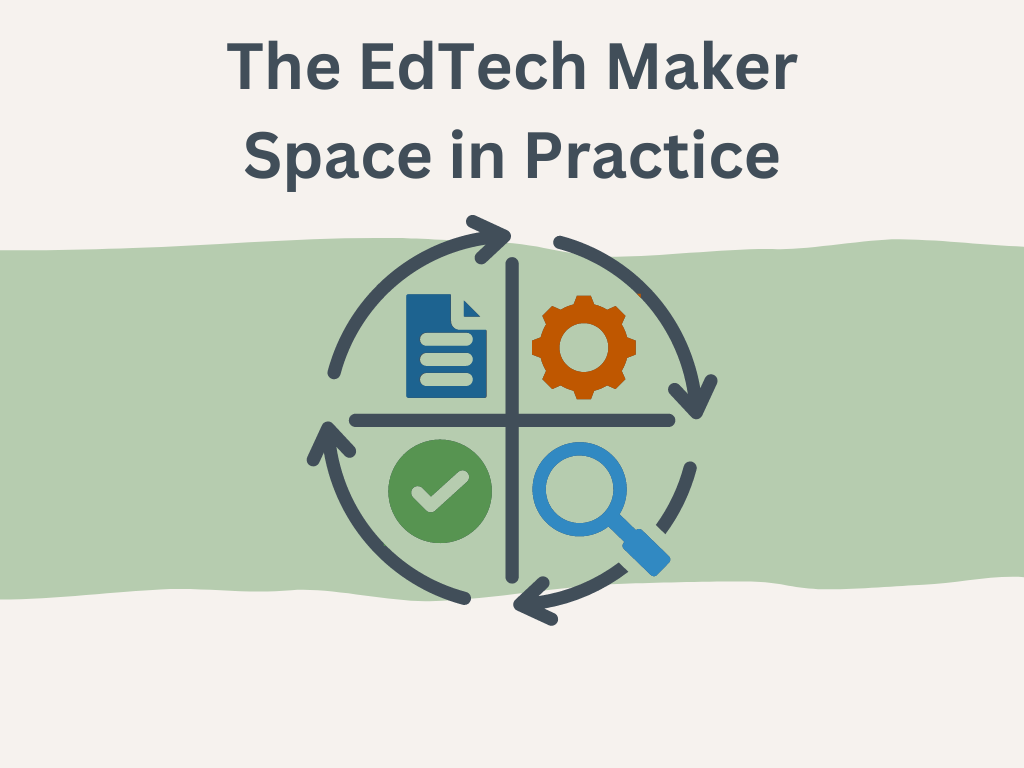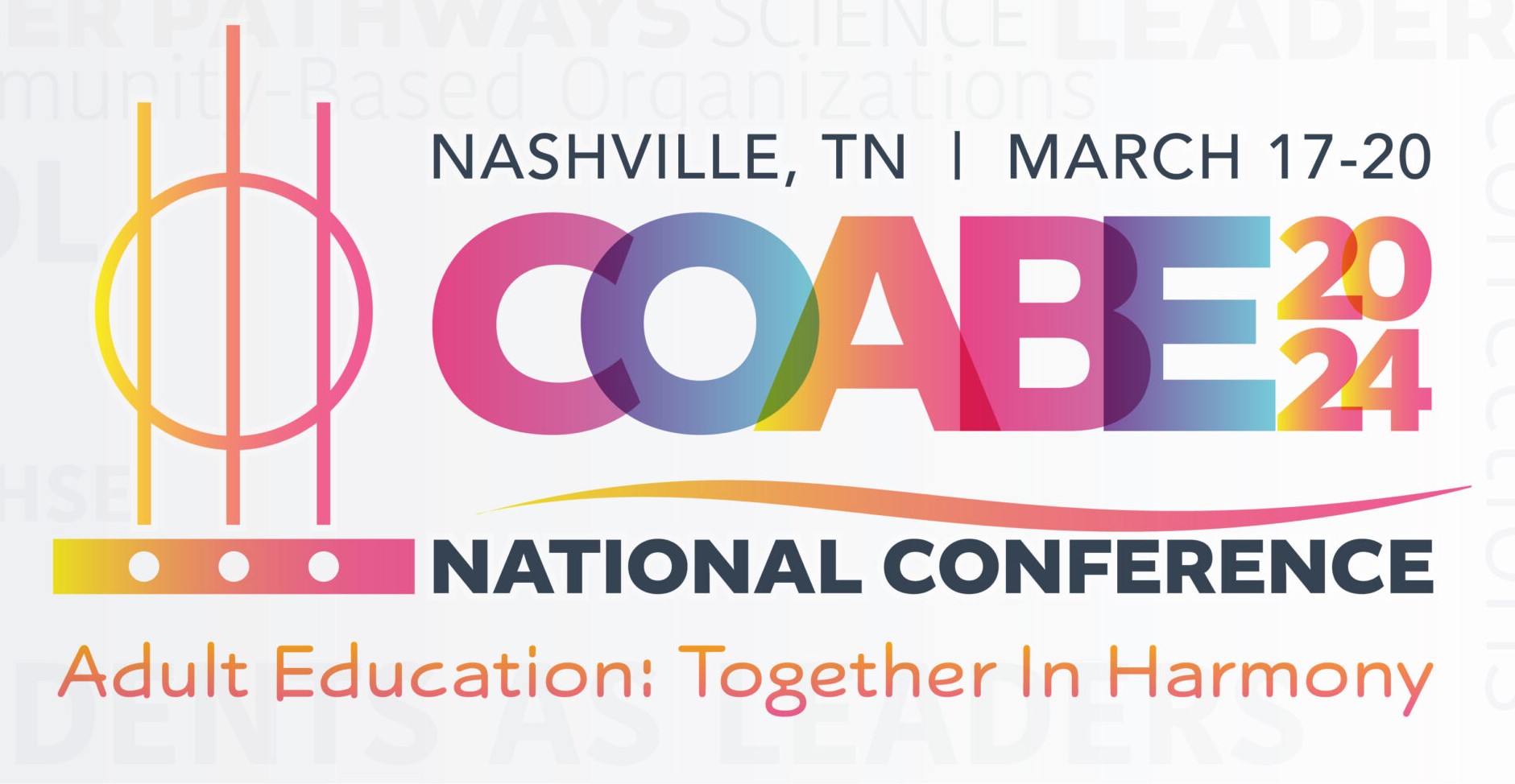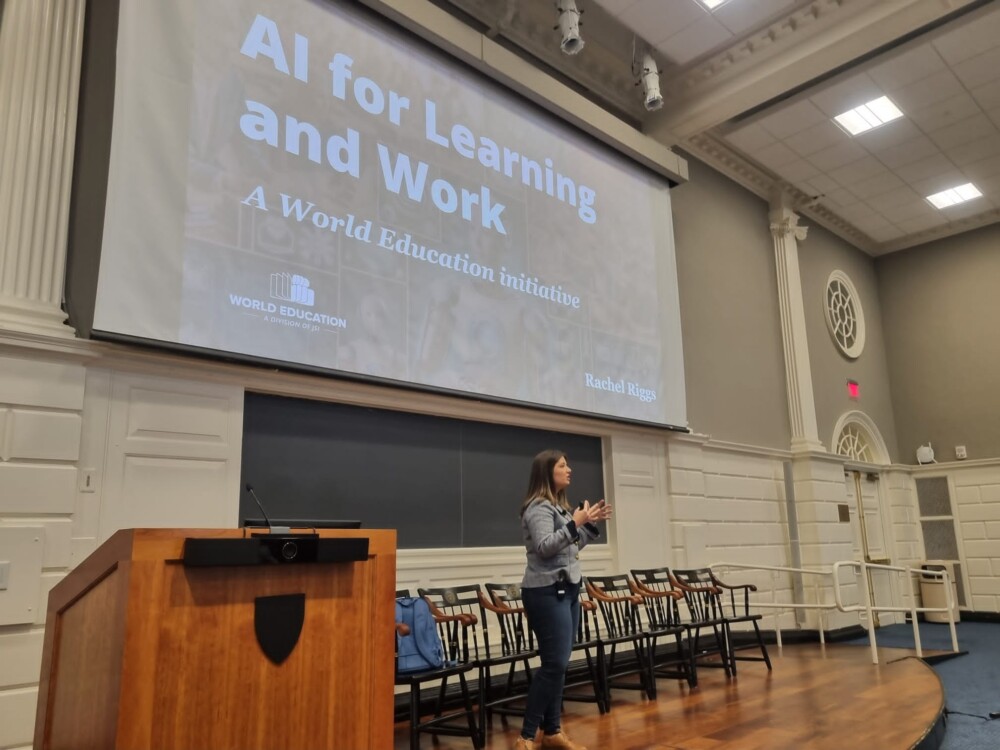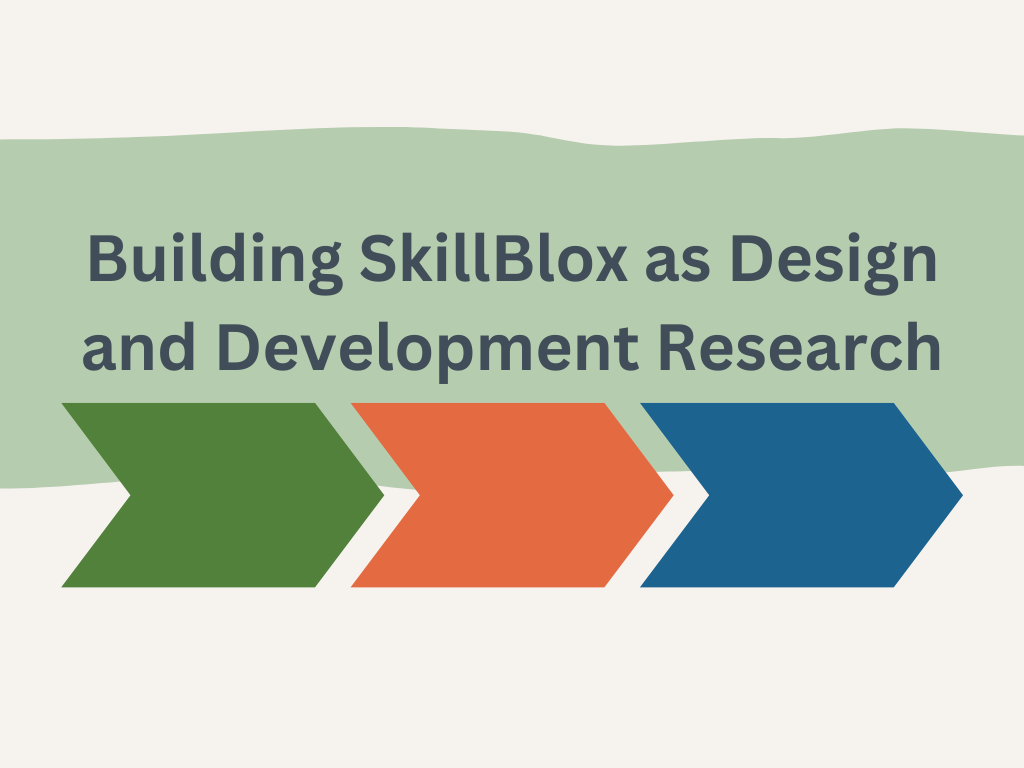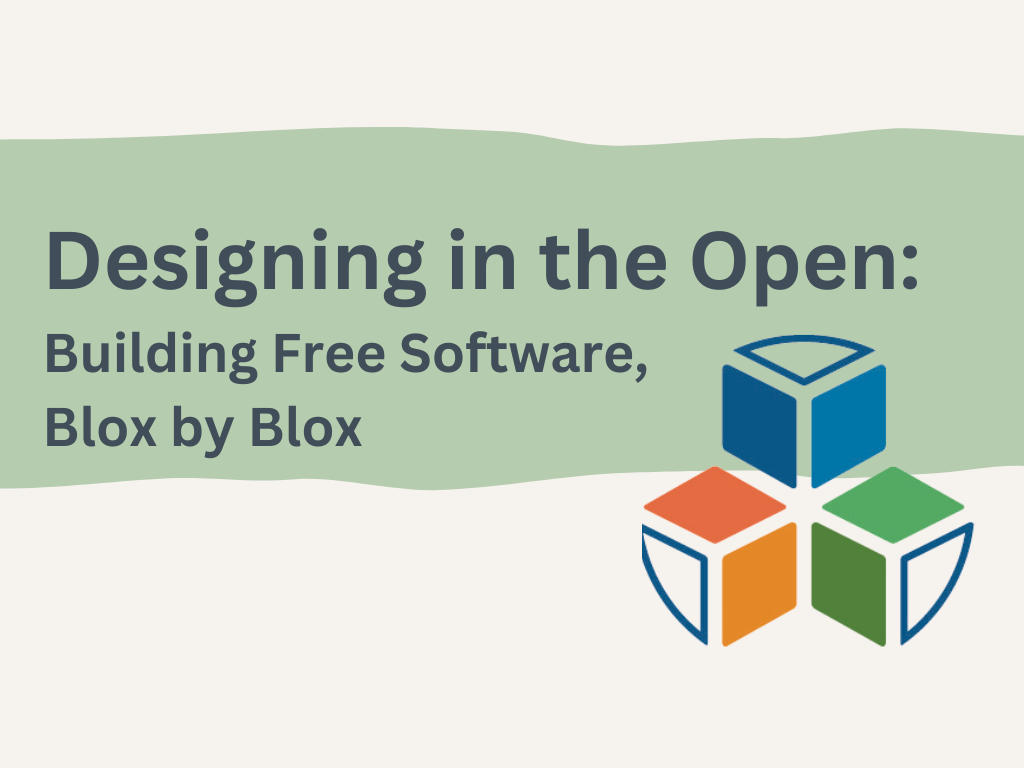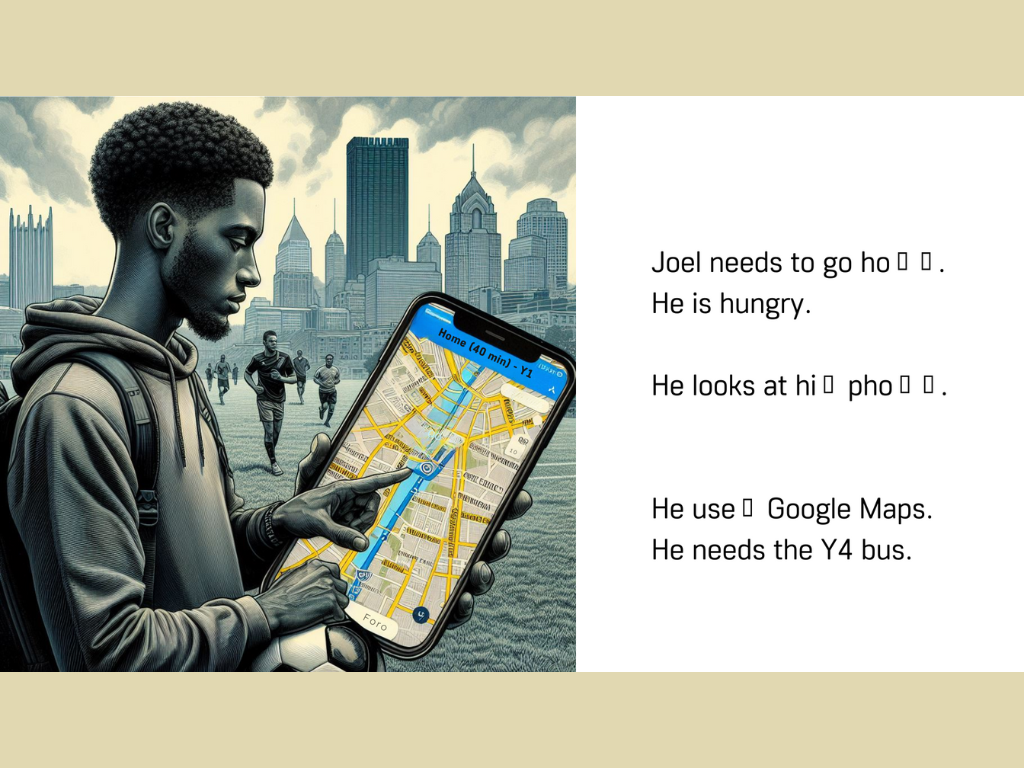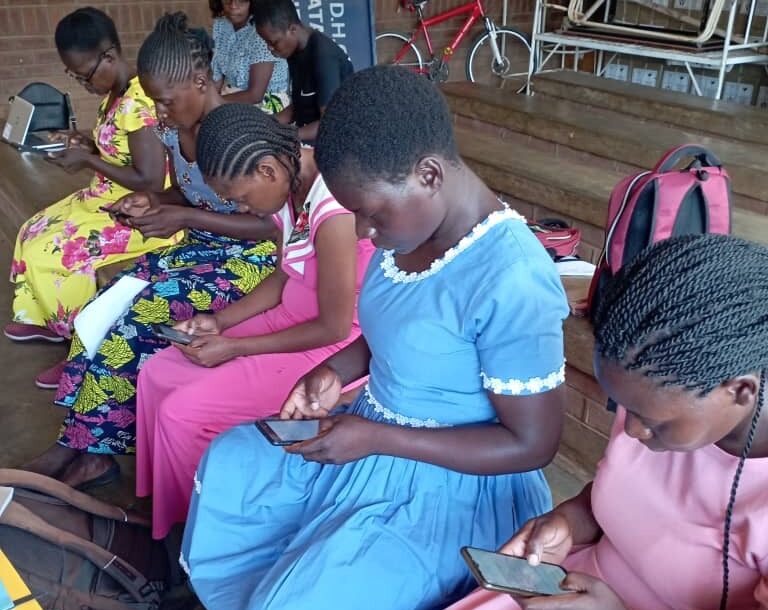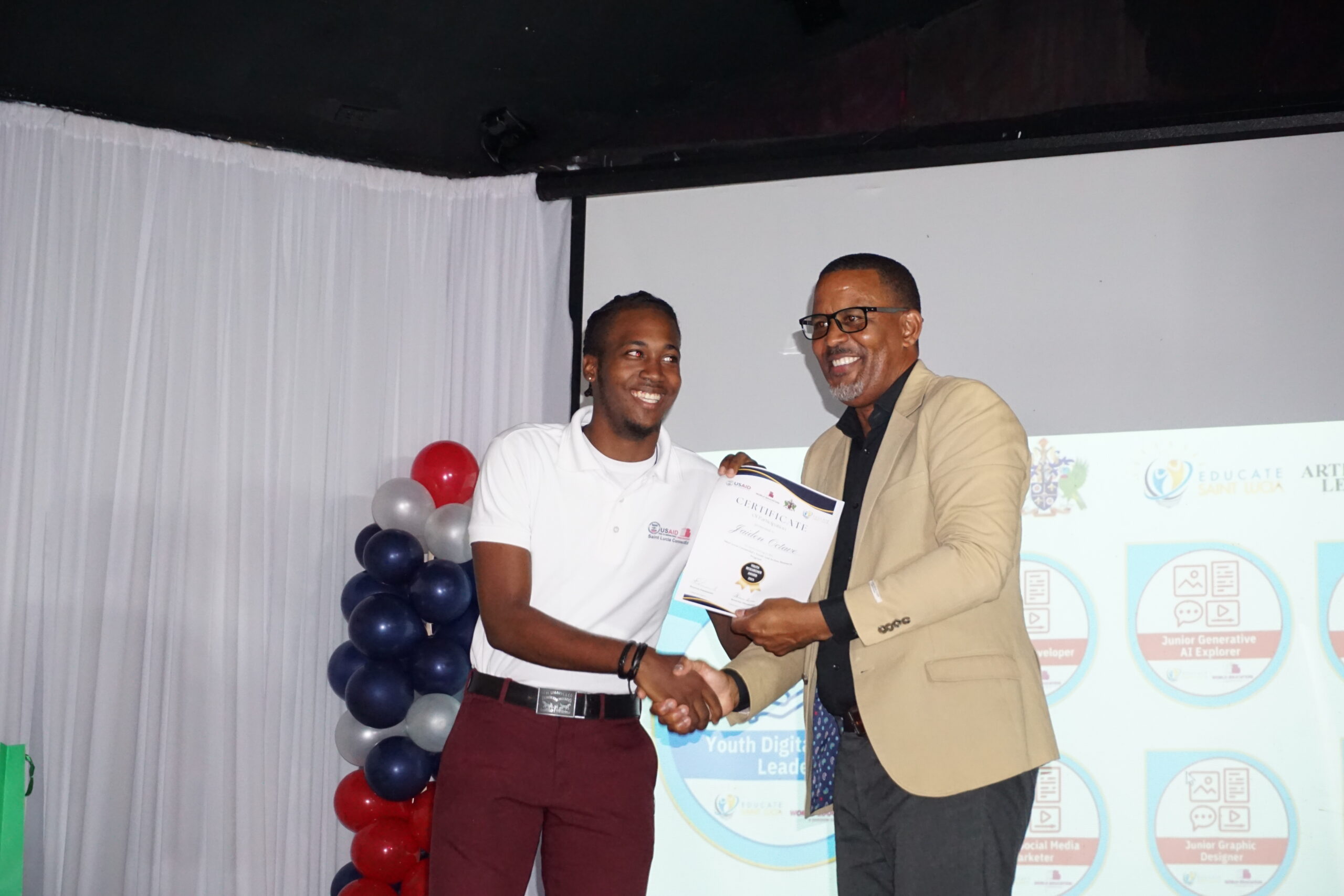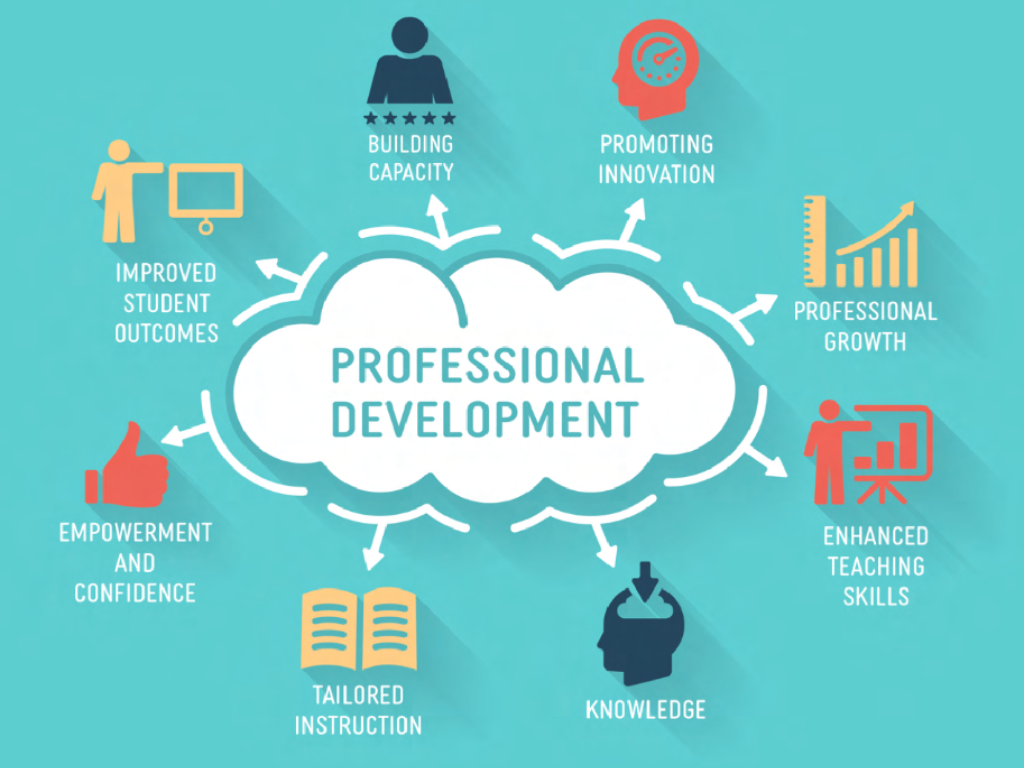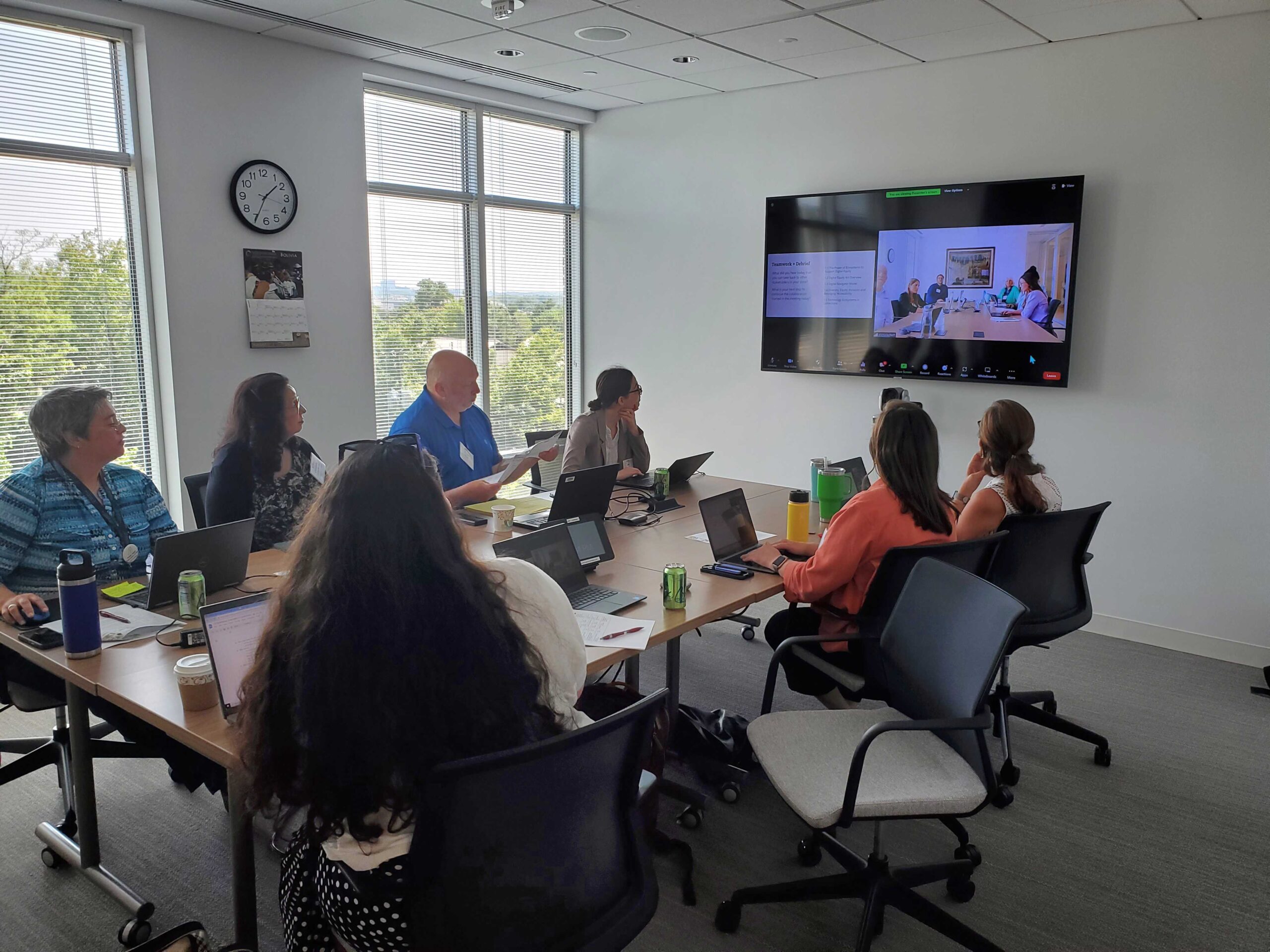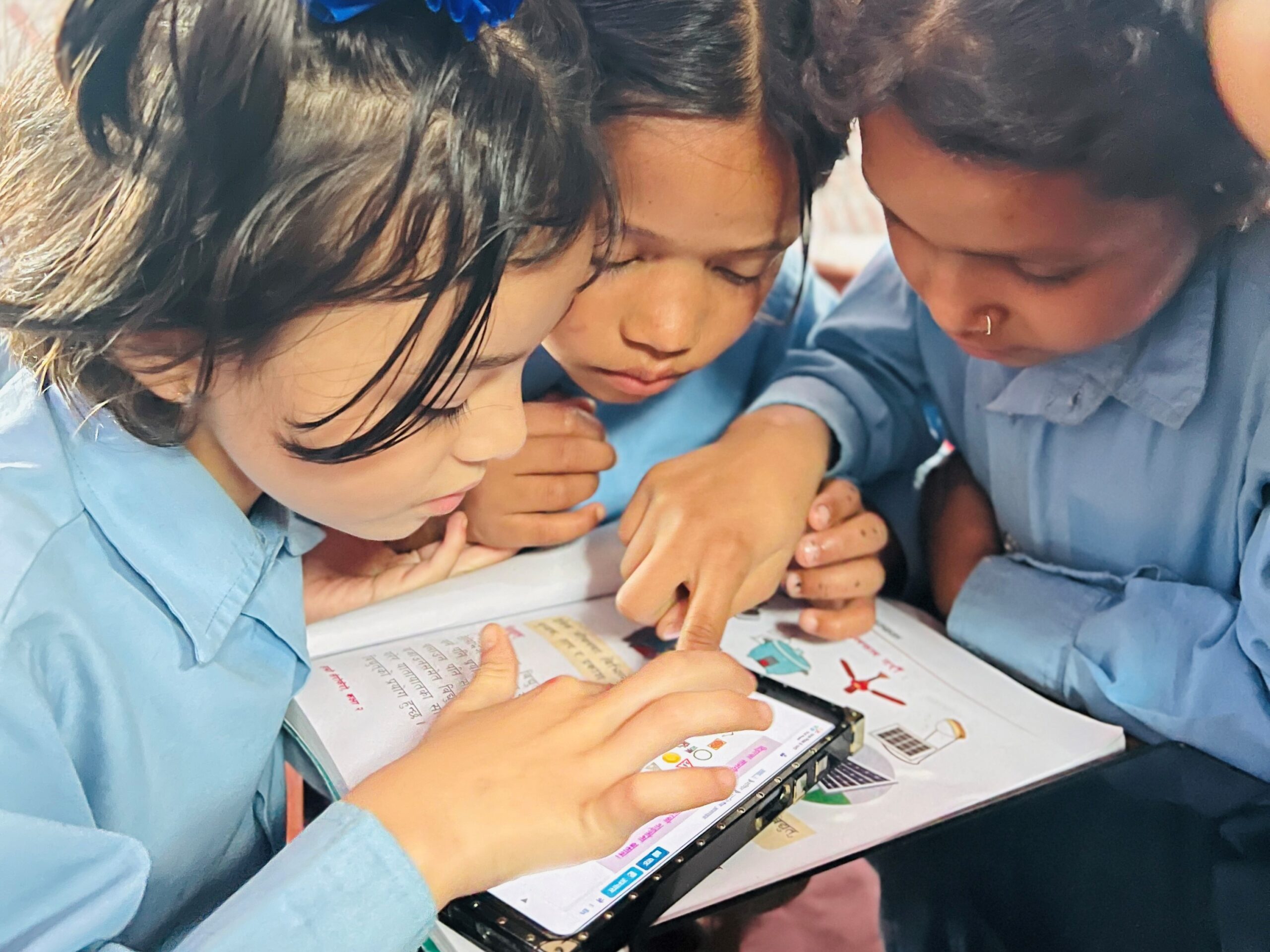This blog covers topics related to open education, distance and blended learning and educational technology use in education settings across the globe. Posts include innovative tools, implementation resources, simple lesson ideas and more that teachers can use to integrate digital tools into instruction, updates on what’s happening in the field, new opportunities and resources, and news from our EdTech Center projects and partners.
We welcome guest contributors. See our contact page for more information.

